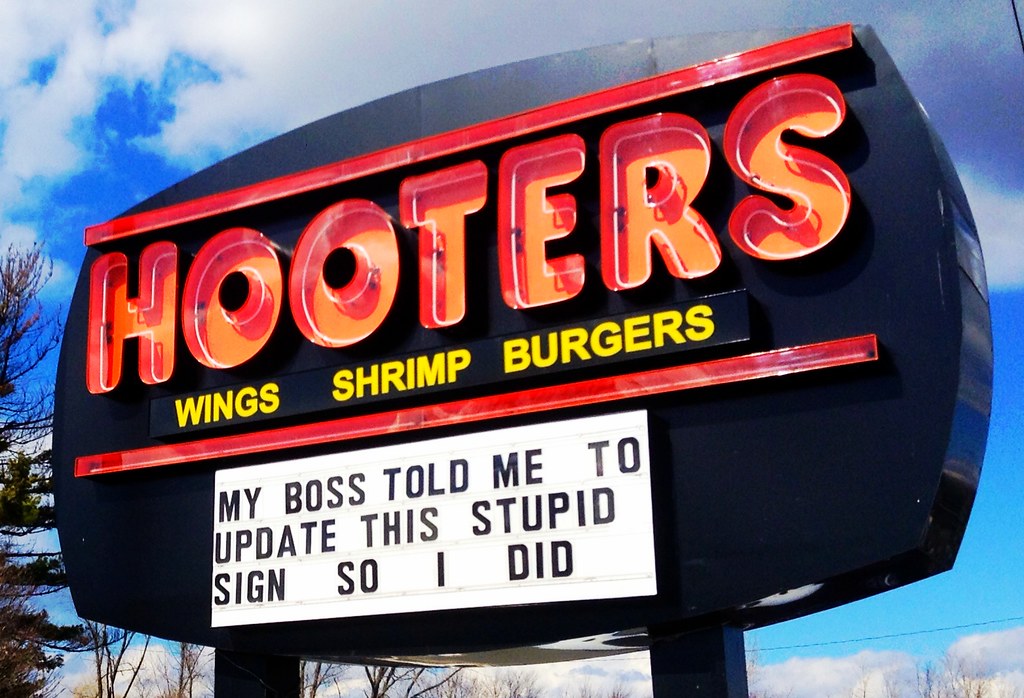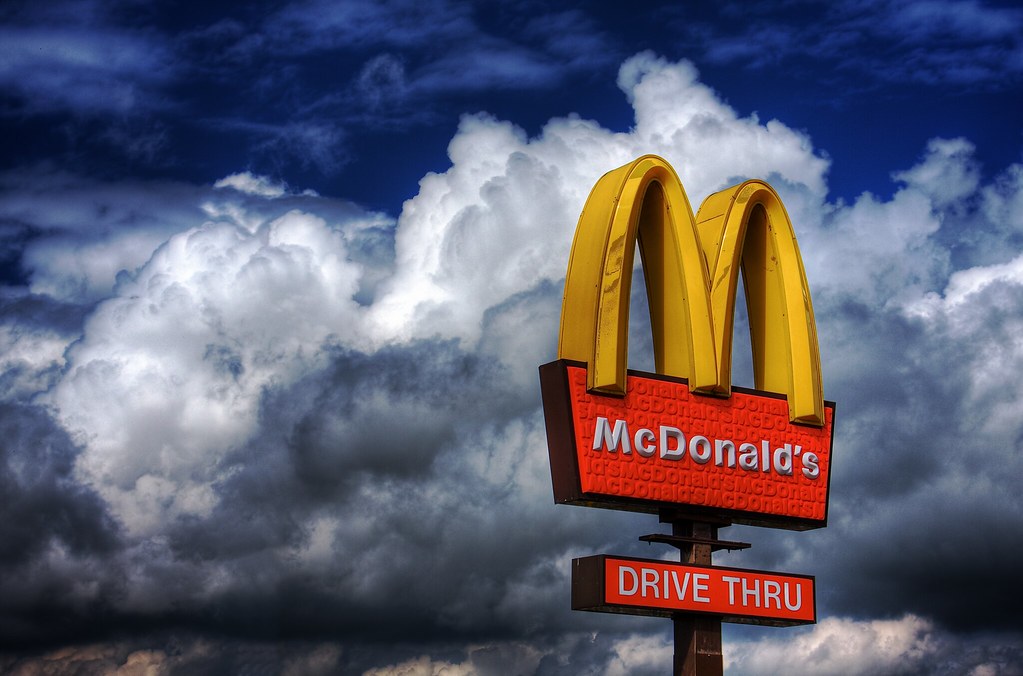Forty stores have closed in states such as Florida, Texas and Kentucky.
The Hooters chain, known for its sexist design of burgers, chicken wings and tight-fitting, minimalist waiter uniforms, has closed some restaurants due to market pressure. These difficulties include rising food prices in recent years, as well as rising labor and rental costs. While it has not yet been announced which restaurants will be affected by the closures, Nation’s Restaurant News said 40 restaurants have already closed in states including Florida, Texas and Kentucky.
Hooters currently has fewer restaurants in the United States than in 2018, according to the publication. However, the company’s statement explains that it is opening new stores at home and abroad and launching frozen products in supermarkets, so the 41-year-old brand says it «remains strong and relevant.»
Hooters is not the only chain suffering from this price crisis. Some restaurant chains that operate in a similar way, such as Quiznos, Applebee’s, Au Bon Pain, TGI Friday’s, Uno Pizzeria & Grill, Outback Steakhouse or Red Lobster, are also facing the effects of inflation on their businesses and customers. Most of these companies have reduced the number of their restaurants, especially Red Lobster, which is in the hands of the Thai canning company Thai Union, which has gone bankrupt.
In addition to high costs, customers are increasingly careful with their money. Spending showed signs of slowing, with restaurant spending at bars and restaurants falling 0.4%, according to retail sales data. Total restaurant sales were $93.6 billion in May, the lowest level since October 2023, according to the National Restaurant Association. Consumers have done the math and the reality is that while the price of food has increased by 4% in the last 12 months, the price of food consumed at home has increased by 1%.
In addition, the offers and campaigns that restaurants offer to solve the situation do not always work. For example, an unlimited all-you-can-eat menu can turn out to be a disappointment. They know it at Red Lobster, which last summer temporarily offered back-to-back $20 shrimp deals. It was a very expensive success for the company, whose largest shareholder is Bankok Cannery and its supplier Thai Union. Teekl has closed 15% of its stores after the chain suspended payments due to losses and complications from out-of-control deals.




